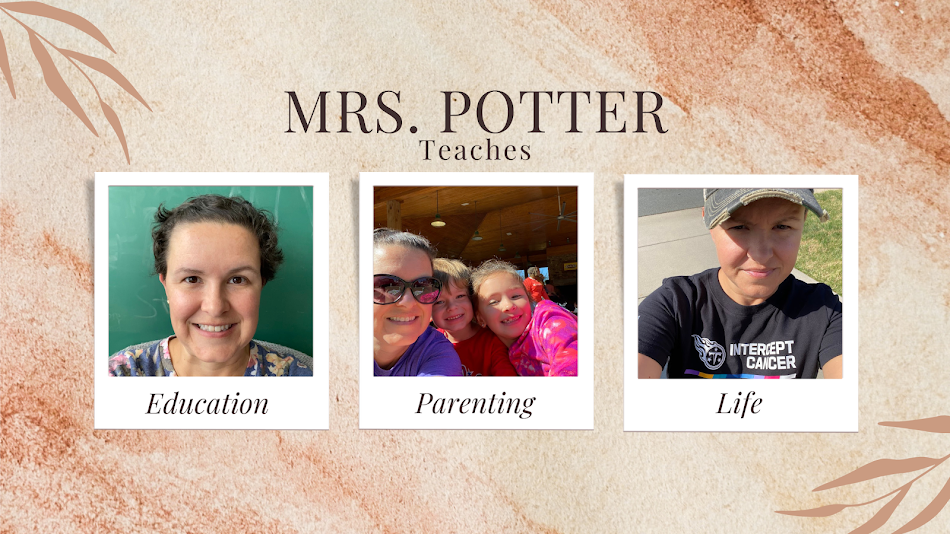I had a few different interactions this week that got me thinking. I know that I have been guilty of saying this as well, but we really need to stop telling teachers (especially new teachers) that it gets easier. Here me out...
The first couple years of a teacher's career is about learning WHAT to teach. You focus on learning the standards, learning the curriculum, working to build lesson plans, and figure out how to manage the classroom. Often during those first few years you either rely heavily on others to give you lessons/resources or you rely heavily on using the curriculum as it is handed to you. And guess what, this is absolutely fine as you navigate the world of education.
However, after those first couple of years is when people think that teaching gets easier. There may be some aspects of the job that get easier, for example, classroom management and organization. But now a shift occurs. By year 3-4, the focus needs to shift from what to teach to HOW to teach it best to your students. Assuming that you have stayed in the same grade and the standards or curriculum haven't changed, teachers must now think about how they can teach the content better. You have learned that there is not curriculum/program that is perfect. So at this point teachers will begin to put in extra work to take the resources given to them and make it better to fit the needs of the students in their classroom.
Even veteran teachers have to work hard if they want to truly do a good job teaching their students. Each year we are given a set of students. This group of students is never the same as the year before. They have different interests, different learning styles, different abilities, and the list goes on. As a teacher we must use what is given to us or even what we have created previously and adapt it for the current class. Just this past week I had to put in some work to think about how to teach the topic of factors. I used my resources from last year and it just wasn't working for my current students. I did some research and tried some new things. If I wanted to take the easy way out then I could have just said oh well and kept moving forward without my students understanding.
While teaching may not get easier year after year, what teachers do gain is experience. This experience helps you work more efficiently, helps you make better decisions, and helps you build your catalog of resources for you to store away for those times when you have to pivot and teach something a different way.
If it doesn't get easier, then why do we do it? Because of the kids. Year after year, watching students learn and grow is so rewarding.
To all the new teachers, hang in there. While I won't say that it gets easier, I will say that it does get better. As you gain that experience, you will learn what works and what doesn't and you will be able to make better decisions that will affect your students and yourself.
**Side note - I know that everyone's experience teaching is different. I have been in schools where the climate was toxic, the support from admin didn't exist, and things just never felt like they would get better. I also know that teaching is not for everyone. The words above are my experience and for all of us to think about keeping things realistic when talking to new teachers.










